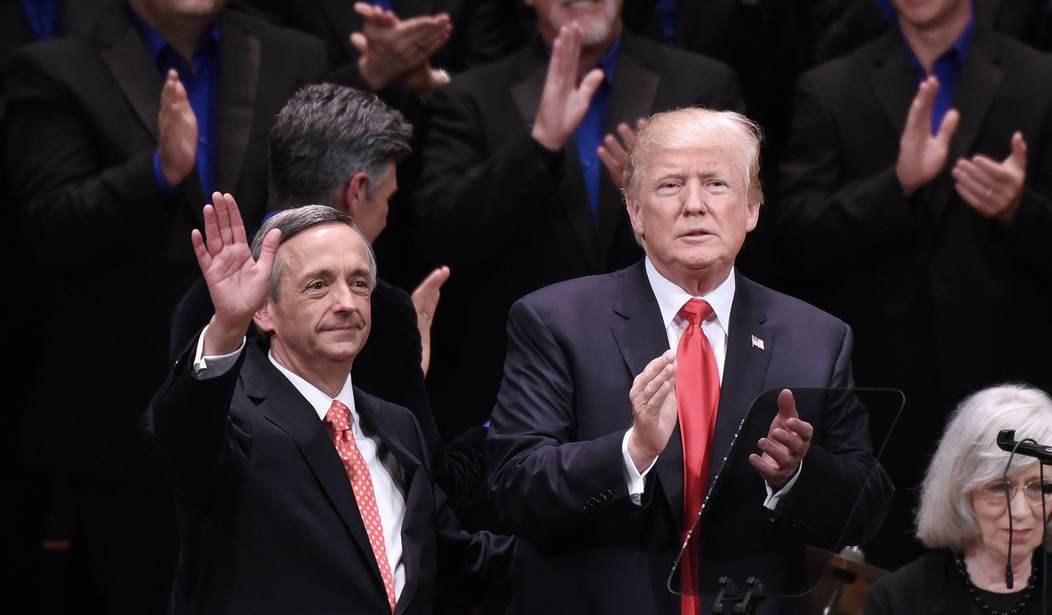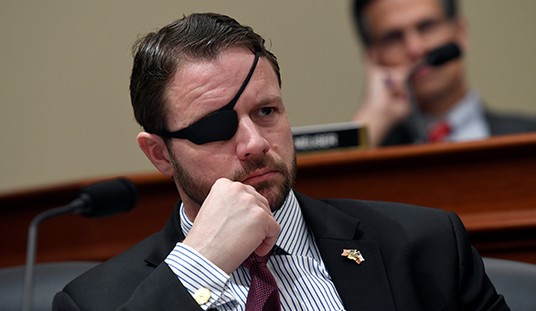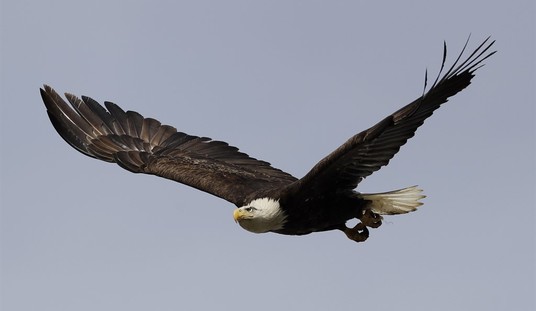Friday’s acquittal of police officer Jeronimo Yanez in the shooting death of Minnesota resident Philando Castile is reaffirmation that the system does not work for African-Americans, Black Lives Matter co-founder Melina Abdullah said Saturday.
Abdullah, a professor at California State University in Los Angeles, said the organization will continue working for a world in which black people are “no longer systematically and intentionally targeted for demise.”
“We understand that these are not accidents,” she said in Los Angeles on Friday. “That this system was created to produce these outcomes, and so we have to transform the system.”
Castile, a 32-year-old nutrition services supervisor at J.J. Hill Montessori Magnet School in St. Paul, was shot to death during a July 2016 traffic stop. Police said they stopped him because he fit the description of a robbery suspect; dashcam video released today reveals the officer telling Castile he had been pulled over because of a non-functioning taillight. Castile’s fiancee, Diamond Reynolds, and her 4-year-old daughter were also riding in the car.
In the video, the officer asks to see Castile’s license and registration. Castile, who possessed a carry permit for a firearm, can be heard calmly telling Yanez that he was licensed to carry and had a gun. Yanez can be heard telling Castile “don’t pull it out” while Castile replies multiple times that he’s not; Yanez then fired several shots into Castile’s chest.
Reynolds broadcast the scene from her vantage point using Facebook Live after the shooting. Yanez on Friday was acquitted of a second-degree manslaughter charge and two counts of intentional discharge of firearm that endangers safety.
Abdullah described Black Lives Matter, which was formed following the 2013 acquittal of George Zimmerman in the shooting death of Trayvon Martin, as the second anti-lynching movement. She was joined by Sybrina Fulton, the mother of Trayvon.
Fulton called on activists to get involved and continue supporting the movement, which she said starts with elected officials, pastors and other community leaders. Fulton said that while she believes the justice system is still broken, there has been progress since her son’s death in that there is greater awareness surrounding the issue, due to cell phones, surveillance and police cameras. She said events like the annual Trayvon Martin Peace Walk in Miami are reminders that citizens have the right to walk down the street in peace without being followed, chased, profiled and murdered.
“You don’t have to necessarily be doing something wrong,” she said. “Sometimes it’s how other people perceive you or who you are. I think everybody knows that there’s a lot of hate going on in this country that we definitely have to turn around.”
Teri Williams, owner of Los Angeles-based OneUnited Bank, the largest black-owned bank in the country, moderated Saturday’s discussion. She described a recent incident in which she and a business partner were eating lunch inside a car when a police officer drew a weapon and told them to exit the vehicle with their hands up. Police, according to Williams, had been investigating a shooting in the area. She recalled feeling frozen and confused about how to exit the car without appearing as a threat to the officer.
“It took all my mental energy to just stand there with my hands up in that vulnerable position with a gun pointed at me,” she said. “It made me realize how vulnerable we all are. How this can happen to any one of us, and how it makes you feel like there’s something wrong.”
During the discussion, Williams asked Abdullah about the episodic organizing at Black Lives Matter and whether she ever had doubts about getting behind a movement surrounded by such volatility. She asked if Abdullah had any concerns about the impact her involvement might have on her career.
“It would be crazy for us not to stand up for our people,” she said. “If that means we don’t have a stake in the system that keeps us oppressed, then that’s OK. That’s a bridge I’m willing to burn, and that’s something we all should be willing to burn, willing to give up whatever we have to give up for our people to get free.”









Join the conversation as a VIP Member